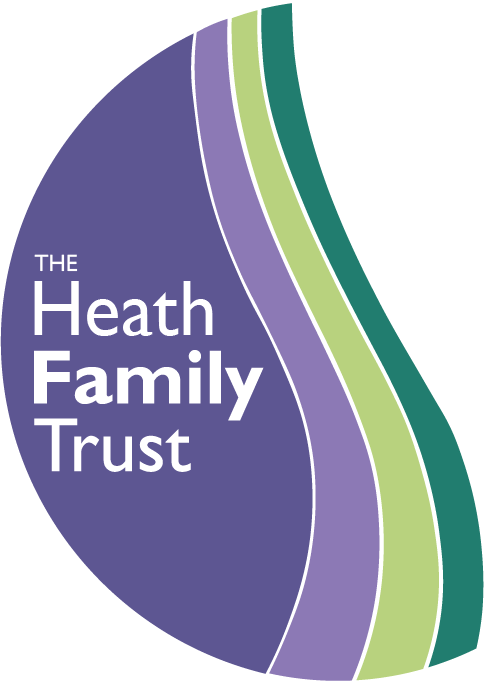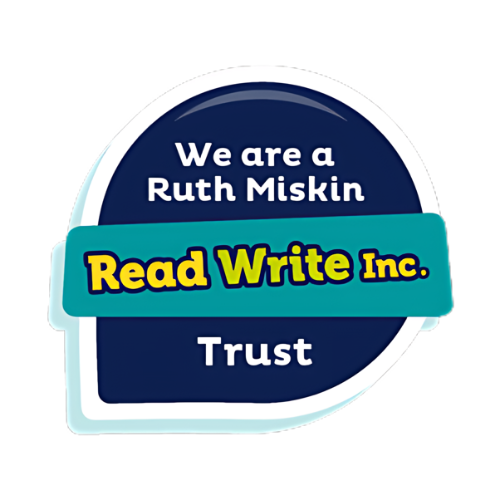English
At Bridgewater Park Primary School, we believe reading is an essential life skill and lies at the heart of our curriculum. We want our pupils to be readers: readers who are not just fluent but have a real appreciation and love of reading and share that with others. It is our intention that all pupils will develop a delight and enjoyment in communicating their ideas in the written form across a range of genres. We emphasise the importance of handwriting, spelling and the use of grammatical conventions.
Literacy
For Literacy, we use Pathways to Writing. Pathways to writing uses quality texts as a stimulus for writing and the children are exposed to a range of various authors. The Pathways to Writing texts also allow pupils to delve into a diverse range stories from various time periods, and various cultures. The scheme embeds spelling, grammar and punctuation throughout, allowing pupils to develop their understanding of how to write across a range of different genres. The scheme encompasses a spiral curriculum allowing pupils to revisit and review previously taught skills. We want our children to understand that writing is a process whereby they exercise the tools they have at their disposal to inform, entertain, argue and persuade other readers.Children are supported through the whole of the writing process, as they are given opportunities to plan, draft, edit and redraft their writing. They are then able to take pride in their work, presenting their writing to their peers and celebrating their achievements.
Reading
At Bridgewater Park we aim to teach children to:
- Read with fluency, accuracy and understanding.
- Develop an understanding and appreciation of fiction, non-fiction and poetry.
- Develop a love of reading, stretching their imagination.
- Use texts as a source to enhance knowledge and understanding of vocabulary.
Children are encouraged to demonstrate their reading fluency using a paired reading approach to give pupils the opportunity to read for a sustained period of time, every day.
Pupils are assessed on a regular basis and are given a specific reading age, this allows us to closely match the texts that the pupils are accessing against their current level. Reading assessments are carried out on a regular basis to track how much progress pupils are making.
Children read to an adult several times a week in school either 1:1 or within lesson according to their needs; we ask that parents and carers support their child at home by hearing their child read daily.
Phonics
At Bridgewater Park we aim to teach every child to read by placing reading at the heart of our school. Through training and tailored support, we ensure teachers have the knowledge and determination to teach every child, regardless of age, background or need.
Phonics is taught daily as part of our reading sessions using the Read Write Inc. approach. This is a complete programme which develops children’s phonic knowledge and fluency in reading from an early age. As part of the programme, children are also taught to build skills in comprehension and are given daily opportunity to read books matched to their phonic ability.
Phonic sessions are delivered in small groups across reception to year two, teaching children to their next steps. This ensures all children, regardless of their age, are getting daily phonics input appropriate to their ability.
The children are regularly assessed and grouped according to their ability, working with a teacher or teaching assistant to move through the programme at pace.
Following the programme, children in Year 1 are required to take a statutory check to assess their understanding of phonics. These results are then shared with parents on the end of year reports. For those children who need further support, phonics will continue into the following year.
.
Reading Schemes
Bridgewater Park has a variety of reading schemes, including Oxford Reading Tree, Project X, Treetops and RWInc to support children to develop their reading skills. Children are given books appropriate to their reading ability.
Once children have progressed on to 'free readers' there is a large selection of books in each classroom for children to choose from, as well as the school library, and they are encouraged to read a variety of text types and books by different authors. The 'free reader' books are organised into age related categories to ensure that the texts the pupils select match their specific reading ability.


